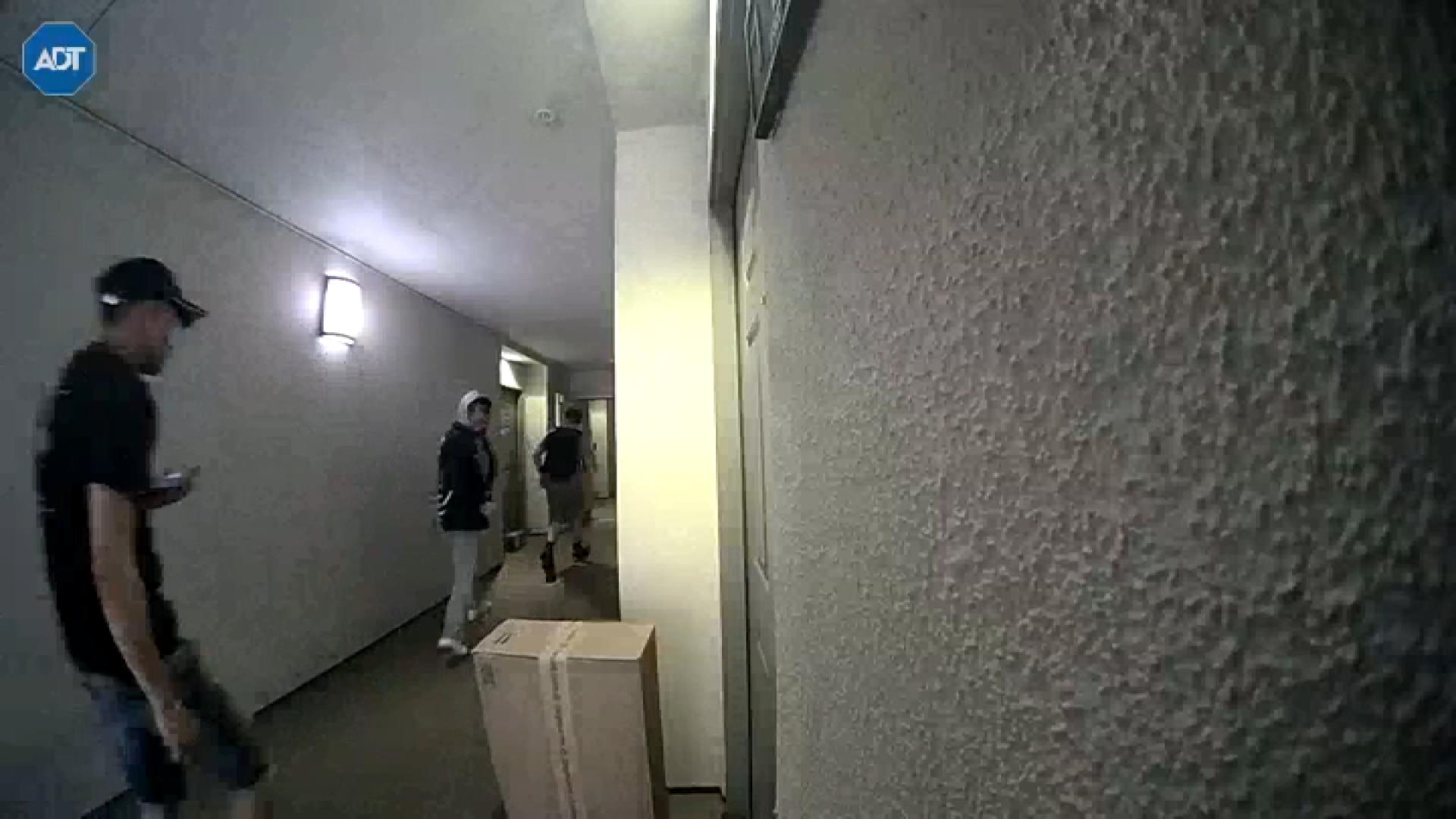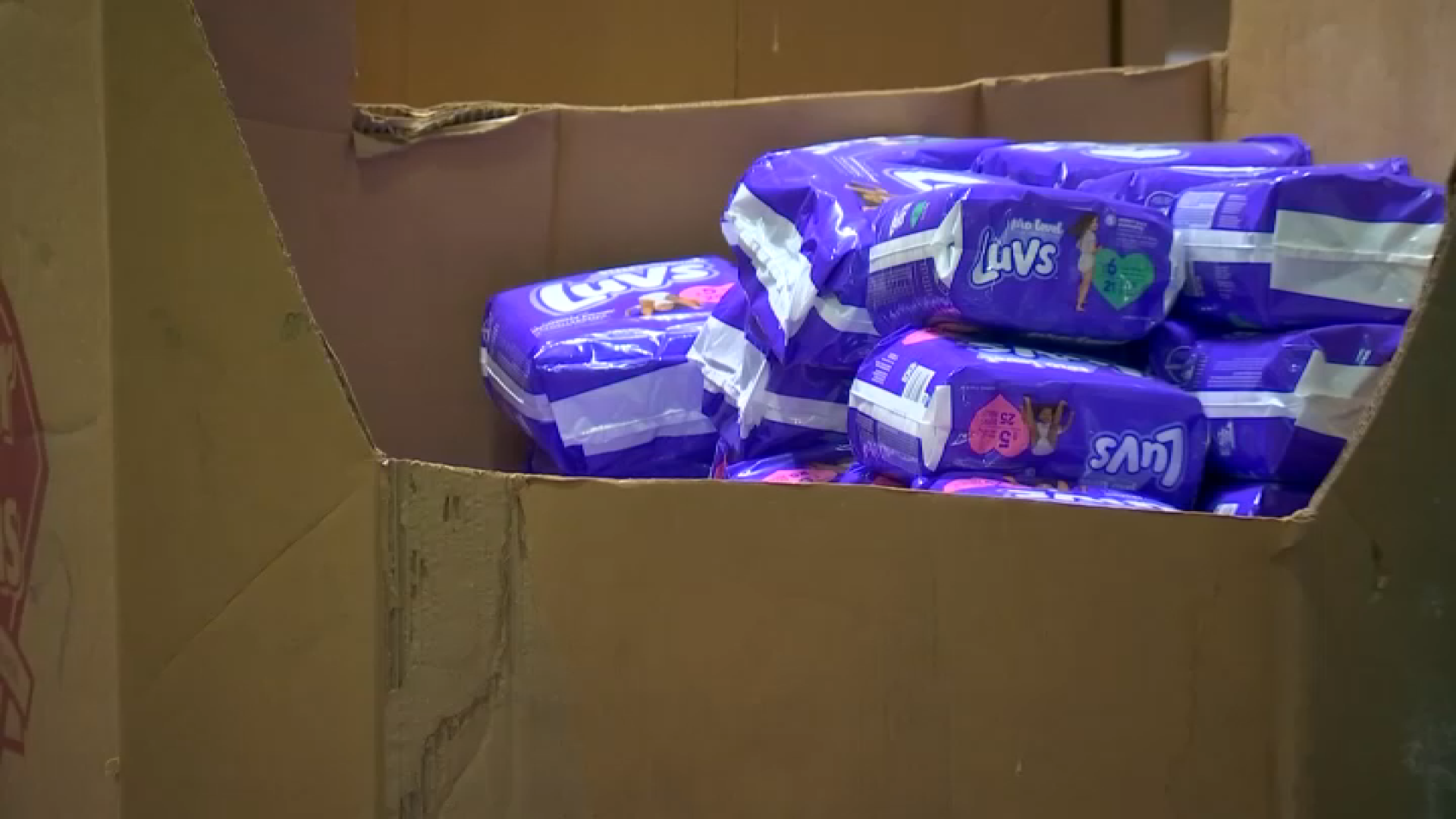In situations where UC police must resort to force against student protesters, they should use "hands-on pain compliance techniques" instead of pepper spray, according to new draft guidelines released by the state higher education system.
Those forceful techniques should only come after mediation and communication efforts have failed, the report said, emphasizing that officers should be trained in de-escalation techniques and administrators should first employ mediators before sending in police.
Following criticism of the use of force -- including the pepper-spraying of students' faces at UC Davis -- during Occupy protests last year, the 10-campus University of California system has issued a series of reports.
The document issued Friday, "Response to Protests on UC Campuses," includes 50 recommendations for campus administrators and police when dealing with student activists.
Previous reports concluded that the use of force could have been avoided. The report released Friday was meant to look forward and suggest policy changes.
The authors -- UC General Counsel Charles Robinson and Boalt School of Law Dean Christopher Edley -- said had their policies been in place, the UC Davis incident could have been prevented. Other mistakes might have been made instead, though, they said.
"But the research is clear from Professor Yogi Berra: People are only human so there will be mistakes," Edley said.
Protest is an "important tradition" at the University of California, Edley noted.
The report stated that its authors had been asked to give detailed guidance and an explicit recommendation on the use of pepper spray against protesters who are linking arms -- as was the case at the UC Davis protest.
Local
Get Los Angeles's latest local news on crime, entertainment, weather, schools, COVID, cost of living and more. Here's your go-to source for today's LA news.
It recommended physical police response only when protesters are "interfering with academic mission of the campus." Communication and negotiation should precede an offer to leave or be arrested peacefully, the report states. The authors wrote that they hope situations where those tactics don't work are "extremely rare."
"In these rare situations, however, we would recommend that campus police utilize hands-on pain compliance techniques before pepper spray or batons whenever feasible," they wrote.
An example of such a "pain compliance" technique is the application of pressure at certain points on a demonstrator's body to help immobilize the person.
They also recommend the UC system commission further studies on the effects of pepper spray on resisters in comparison to "other force options."
The report additionally recommended creating a student discipline policy that would keep protesters out of the criminal justice system.
"There may be circumstances you want consequences for students, but don't want those consequences to be determined by the law enforcement system,'' Edley said.
Another recommendation was to create a program to videotape protests "designed to develop a fair and complete record of event activity solely for evidentiary or training purposes."
Viral video recording of clashes between police and protesters played a role in what happened last year and caused outrage nationwide.
The report tallies more than 150 pages, and cost about $300,000 to produce.
UC President Mark Yudoff will study the suggestions and determine whether he wants to adopt any. He echoed the findings of a previous report last month that found the use of pepper spray was excessive in the UC Davis incident.
Follow NBCLA for the latest LA news, events and entertainment: iPhone/iPad App | Facebook | Twitter | Google+ | Instagram | RSS | Text Alerts | Email Alerts



